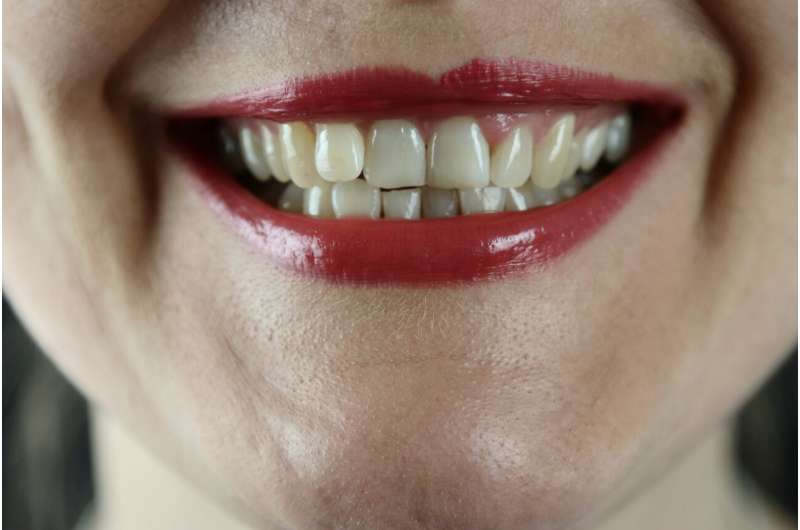This article has been reviewed according to Science X's editorial process and policies. Editors have highlighted the following attributes while ensuring the content's credibility:
fact-checked
proofread
Examining the mediation effect of oral health on inequalities in dementia

A study that examined the mediation effect of the number of teeth on the association between income and dementia was presented at the 102nd General Session of the IADR, which was held in conjunction with the 53rd Annual Meeting of the American Association for Dental, Oral, and Craniofacial Research and the 48th Annual Meeting of the Canadian Association for Dental Research, on March 13-16, 2024, in New Orleans, LA, U.S..
The abstract, "Mediation Effect of Oral Health on Inequalities in Dementia" was presented during the "Global Oral Health Inequalities Research Network" Oral Session that took place on Friday, March 15, 2024 at 2 p.m. Central Standard Time (UTC-6).
The study, by Satomi Shimada of Tokyo Medical and Dental University, Japan, was based on the Japan Gerontological Evaluation Study (JAGES) and targeted functionally independent older adults aged ≥ 65 years followed from 2010 to 2019 (response rate in 2010 = 64.3%, follow-up rate in 2019= 98.5%).
Cox proportional hazard model was used to examine the association between equivalent income in 2010 (<2.0 million JPY or ≥2.0 million JPY) and incidence of dementia for 9 years' follow-up. The mediating effect of the number of teeth in 2010 (<20 teeth or ≥20 teeth) was examined by causal mediation analysis. Analyses were stratified by sex and adjusted for age, educational attainment, self-rated health, depression symptoms, marital status, drinking alcohol, walking time, and employment status.
Among the 44,083 participants (mean age: 73.7; female 53.2%), 17.3% had incidence of dementia. Compared to those with higher income, lower income participants appear to have more dementia and fewer teeth (higher income: 15.3% and 58.6%; lower income: 19.2% and 70.3%, respectively). After adjusting for all covariates and income, having fewer teeth was associated with dementia (hazard ratio [95% confidence interval]: 1.205 [1.108-1.311] for men, 1.104 [1.025-1.189] for women).
Causal mediation analysis demonstrated that the number of teeth mediated the association between income and dementia (total effect and natural indirect effect in hazard ratio [95%CI]: 1.140 [1.041-1.249] and 1.012 [1.001-1.023], proportion mediated 9.1% for men; 1.103 [1.015-1.198] and 1.005 [0.997-1.012], proportion mediated 4.7% for women). The study concluded that number of teeth partially mediated the association between income and dementia in older Japanese adults.





















